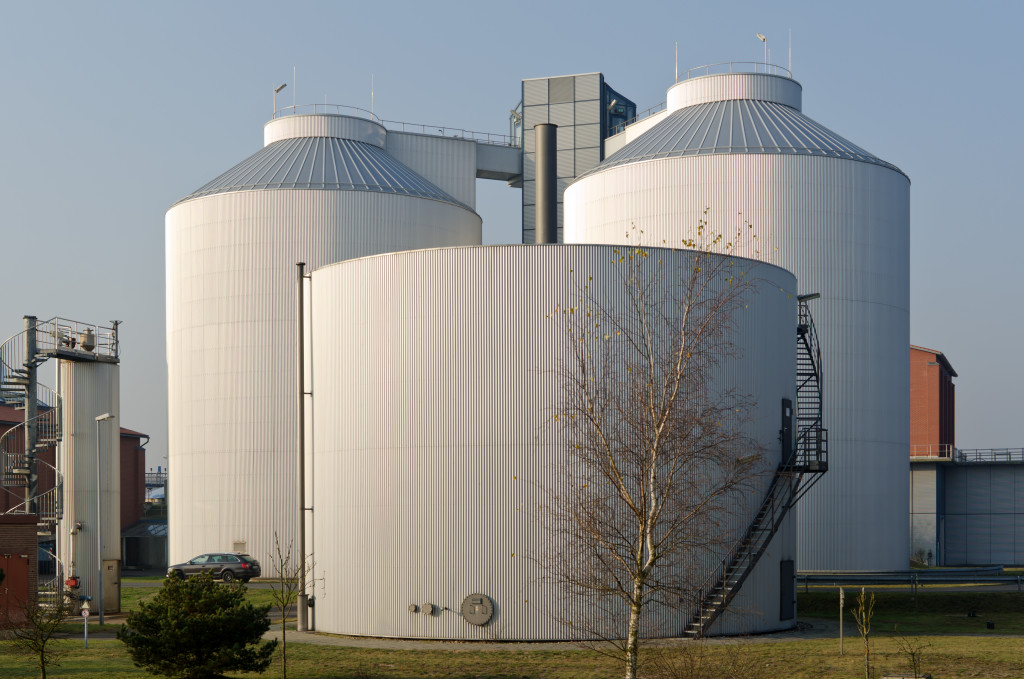- Invest in high-quality and chemically compatible containers for liquid storage.
- Monitor temperature levels and perform regular inspections to identify any signs of damage or wear.
- Clean containers regularly and replace parts as needed to ensure the safety and integrity of stored liquids.
- Maintain filtration systems through proper filters and replacement filters to prevent contamination.
When running a business, liquid is an essential factor in many industries. From food and beverage establishments to hospitals and manufacturing plants, proper storage of liquids is critical for successful operations. Liquid plays a crucial role in these industries, providing the necessary materials for production and operation.
In the food and beverage industry, liquid is one of the most essential ingredients in producing finished products. Without properly stored liquid, businesses would have difficulty making drinks like coffee and juices or even ingredients like milk or cream. According to Food Marketing Institute (FMI) data, over 70% of retail food sales were generated through beverages in 2019 alone. As such, businesses must practice safe storage solutions to ensure their products are not contaminated with dirt, dust, or other pollutants that may compromise their quality.
In healthcare facilities, liquids are also vital for daily operations. Hospitals use liquids such as antiseptics and disinfectants to keep their premises clean and free from germs or disease-causing bacteria. Proper storage practices play an important role here as well. If liquids are not stored safely and securely, they could be contaminated, leading to hospital-acquired infections (or HAIs) that put patients at risk of harm.
Your business might need to store liquids for use in its manufacturing process. As a result, you must ensure you have ways to store liquids securely. Here are a few steps to consider when planning for liquid storage:
Invest in Containers

Investing in liquid containers is essential for businesses that rely on large quantities of liquid for their operations. For instance, massive tanks comm store large amounts of fluid, such as water or fuel. These tanks must be properly constructed to withstand the weight and pressure of the liquid and protect it from external factors like dirt, dust, and debris. They must also meet specific safety regulations to ensure the safe storage and handling of potentially hazardous liquids.
Liquid containers should also be chosen carefully for their chemical compatibility with the stored material. Different materials require specific containers to ensure no unwanted reactions occur during storage that could compromise the stored materials’ quality or integrity. Investing in high-quality liquid containers is critical for businesses to ensure their products remain intact and uncontaminated throughout their lifespan.
Learn Maintenance and Repairs

Proper maintenance and repairs are essential for businesses to ensure their liquid storage is safe and secure. Companies can avoid potential risks associated with improper storage conditions by regularly maintaining and repairing containers. Here are some of the most critical steps to take when it comes to maintenance and repairs:
Regular Inspections
Regular inspections are vital for ensuring all containers used for liquid storage are in proper working condition. Checks should be conducted at least once a month to identify any signs of damage or wear that could compromise the integrity of the stored material. During these inspections, businesses should check for rusting, corrosion, leaks, or any other signs of wear that may indicate a need for repair or replacement.
Monitoring Temperature Levels
Monitoring temperature levels is also essential to ensure proper liquid storage. Temperature fluctuations can cause condensation, leading to bacteria growth if left unchecked. Utilizing temperature sensors or other monitoring systems can help businesses keep an eye on these levels and adjust them accordingly to prevent any contamination or damage caused by sudden changes in temperature.
Cleaning Containers
Cleaning containers is another critical step in maintaining liquid storage safety protocols. Proper cleaning ensures that dirt, dust, or debris does not enter into stored liquids causing contamination or other issues with quality control standards. Additionally, regular cleaning helps extend the life of the containers used for liquid storage by preventing rusting or corrosion due to prolonged exposure to moisture or other external elements.
Replacing Parts as Needed
Replacing parts as needed is also necessary to maintain proper liquid storage conditions. If a container shows signs of wear, such as leaking seams or cracks in the surface area, these parts must be replaced immediately to ensure the safety and integrity of stored liquids over time. Moreover, businesses should always keep extra tank fittings in hand. Poly tank bulkhead fittings are essential for any business using plastic tanks to hold liquid, as they provide a secure connection between the tank and other components of the system.
Maintain Filtration Process
Most liquid storage systems also require filtration to remove particulates or contaminants that may be present in the stored material. Businesses should regularly check their filtration systems and replacement filters to ensure liquid remains clean and uncontaminated. Additionally, companies should use filters appropriate for the type of liquid being stored, as some liquids may require more precise filtration processes than others.
Failing to maintain filtration can lead to contamination or other issues related to quality control. By investing in proper filtration systems and routinely replacing filters as needed, businesses can ensure their liquid storage remains safe and secure for operations.
Final Thoughts
Liquid storage is essential for many businesses, from hospitals to food and beverage establishments. Proper storage practices are necessary to ensure liquids remain uncontaminated and safe. With the appropriate measures, your business can ensure its liquid storage remains secure and efficient throughout operations.
